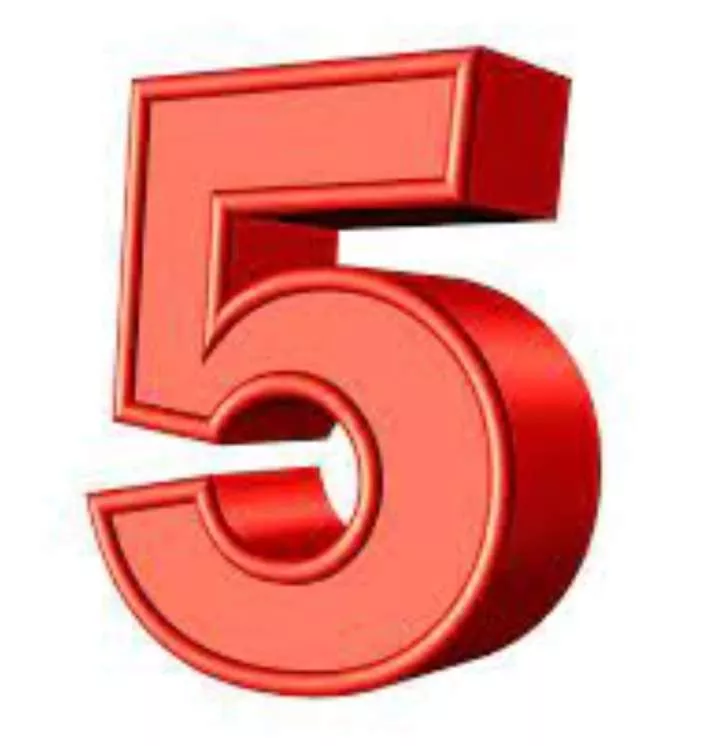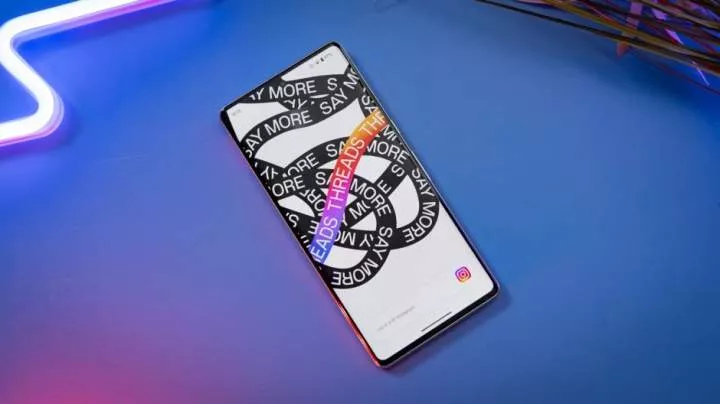
Effective communication is not just a skill; it's the cornerstone of success in any workplace. Whether you're a team player, a supervisor, or an aspiring leader, honing your communication skills is crucial. In this article, we'll explore the essence of effective communication and the traits of successful communicators and provide a practical guide to becoming an effective communicator in eight simple steps.
The Essence of Effective Communication
Effective communication goes beyond exchanging words; it's about connecting with your audience in the best possible way. This involves adapting to the situation, understanding your audience, and remaining flexible in your approach.
Why Effective Communication is a Game-Changer in the Workplace
Developing effective communication skills is indispensable for various reasons. In the professional realm, it is a linchpin trait for fostering enduring relationships based on openness and trust. Effective communication becomes the bedrock for strength and productivity within a team setting. As an adept communicator, you preemptively tackle issues by providing clear and concise information, averting unnecessary problems.
Beyond interpersonal dynamics, effective communication contributes to enhanced performance, heightened productivity, and increased engagement in the workplace. It fosters a harmonious environment, fuels innovation and creativity, and encourages department collaboration. Furthermore, it plays a pivotal role in navigating the complexities of a diverse work environment and facilitates adept crisis and change management.
Qualities That Set Effective Communicators Apart
Simplicity is Key: Making Complex Concepts Digestible
Effective communicators excel at breaking down intricate ideas into simple, understandable concepts. They tailor their communication style to the audience, ensuring clarity and avoiding misunderstandings.
Staying Focused: Eliminating Distractions for Effective Interaction
Successful communicators prioritize the interaction at hand, eliminating distractions to give their full attention. This includes silencing phones and ensuring a complete conversation before moving on.
Striking a Balance in Speaking and Listening
Recognizing that communication is a two-way street, adept communicators balance speaking and listening actions. This equilibrium enhances rapport and trust, acknowledging the equal importance of both functions.
Reading Between the Lines: Non-Verbal Cues and Body Language
Exceptional communicators are attuned to non-verbal cues like body language and facial expressions. They adjust their message based on these cues, fostering better understanding and engagement.
Knowing When to Speak Up: Addressing Issues Head-On
Effective communicators don't shy away from addressing uncomfortable issues. Whether it's workplace inclusion or a disciplinary matter, they speak up at the right moment to resolve problems promptly.
Asking the Right Questions: The Art of Inquiry
Master of Communication know the importance of asking impactful questions. Effective communicators use well-planned questions to deepen understanding, whether seeking or providing information or providing it.
How to Become an Effective Communicator
Identify the Purpose of Your Communication
Before you start communicating, define your purpose. Understanding the desired outcome helps organize your thoughts and anticipate responses, whether you're sending or receiving a message.
Understand Your Audience
Tailor your style and presentation by understanding your audience. Whether presenting to clients or conducting performance reviews, knowing your audience ensures maximum impact.
Create a Plan for Your Communication
Prepare for interactions by creating a plan. List critical points, questions, or topics to cover, ensuring a well-organized and effective exchange.
Provide a Clear Message
As a speaker, deliver a clear message tailored to your audience. Avoid jargon, use simple language, and pay attention to your body language to ensure your message is well-received.
Ask Questions to Clarify Understanding
Take responsibility for the effectiveness of your communication by asking questions. Confirm that your message is clear and easily understood, gaining valuable insights for improvement.
Pay Attention to the Interaction
Whether sender or receiver, give undivided attention to the interaction. Minimize distractions, exhibit proper cell phone etiquette, and choose a conducive environment for focused communication.
Practice Active Listening
Engage in active listening by giving your full attention, asking questions, and using non-verbal cues. This not only shows your focus but encourages the speaker to share more.
Stay Open-Minded
Approach conversations without judgment or biases. Stay open-minded, practice empathy, and remain composed during challenging discussions for respectful and kind communication.
Conclusion
Becoming an effective communicator is not just a skill; it's a journey toward building stronger connections and fostering a positive workplace environment. By embracing simplicity, staying focused, and mastering the art of inquiry, you can elevate your communication skills and make a lasting impact.
FAQs
Is effective communication only essential in the workplace?
Effective communication is valuable in various aspects of life, including personal relationships and community involvement.
How can I improve my active listening skills?
Practice active listening by giving your full attention, asking clarifying questions, and using non-verbal cues to show your engagement.
Can anyone become an effective communicator with practice?
Yes, effective communication is a skill that can be developed and improved with consistent practice and self-reflection.
Is non-verbal communication as important as verbal communication?
Absolutely. Non-verbal cues and body language play a significant role in conveying and understanding messages accurately.
What if I make a mistake during communication?
Acknowledge the mistake, clarify if necessary, and use it as an opportunity to learn and refine your communication skills.
















Comments